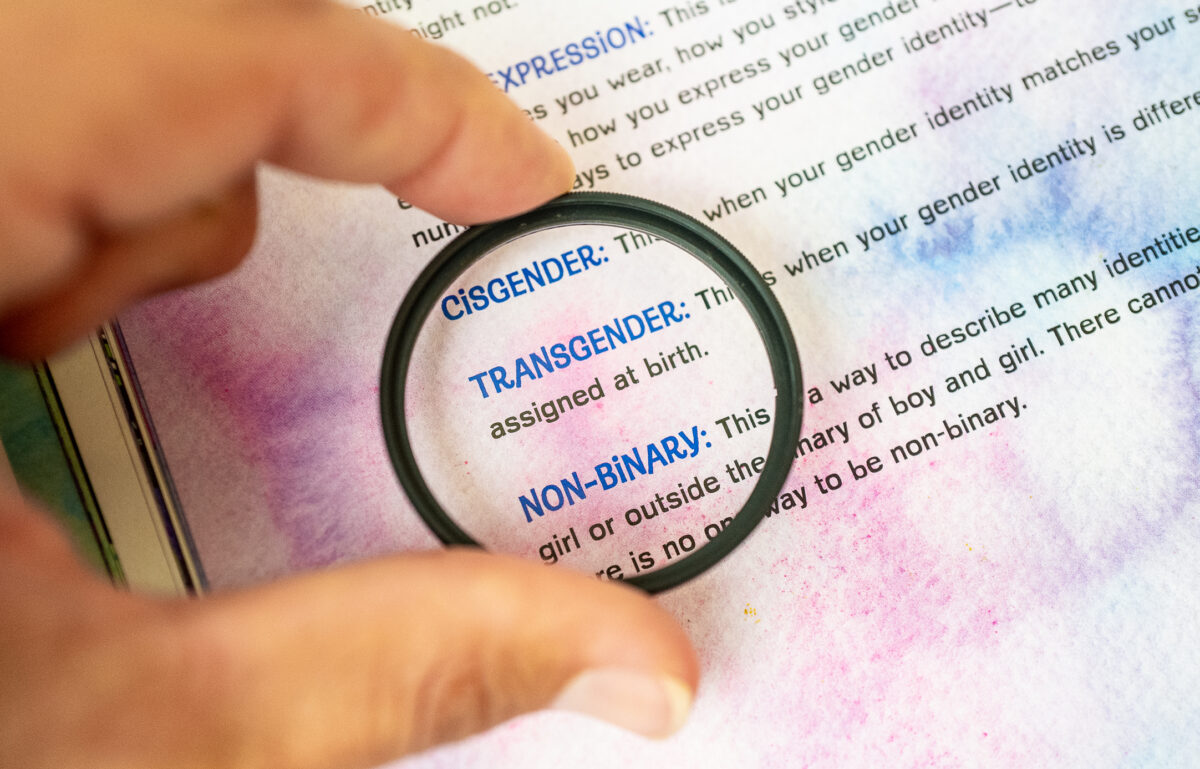


A leading Finnish pediatric gender expert has warned about transgender treatments being pushed on children, pointing out that the majority of kids facing “gender identity” issues come out of such confusion when they grow up.
In an interview with Finnish newspaper Helsingin Sanomat, Dr. Riittakerttu Kaltiala, chief psychiatrist at Tampere University’s department of adolescent psychiatry, said she has come across hundreds of young people who were struggling with their gender experience. She noted that some children will strongly identify with the opposite gender at some point in their lives.
“The young person tries out different identities and is prone to suggestion. In one situation, he feels he is one. And in another, another. It’s normal in adolescence,” she said.
However, four out of five children in such cases feel differently about the matter once they hit adolescence, the expert noted.
If a child’s legal gender marking is changed, it would become a strong psychological as well as social intervention which determines the person’s future. Such intervention is akin to saying to the child that “this is the right path for you.”
According to Kaltiala, there has been a tenfold increase in the number of children with “gender identity” issues since 2015.
In the past, it was little boys who made up most cases of identifying with the other gender. But now, almost all of her patients are teenage girls experiencing gender conflict. In addition, three out of four patients now face serious mental health problems, she said.
Organizations that promote gender transition among children often argue that these children have a higher risk of suicide and thus need support for transition. However, Kaltiala dismisses these claims.
Such claims are “purposeful disinformation,” she said, while adding that it would be “irresponsible to spread” them.
“Mentally healthy young people who experience their gender in a way that differs from their biological body are not automatically suicidal,” she said.
A study from Finland found that the mental health of several minors who had received hormonal treatments deteriorated following the medical intervention, Helsingin Sanomat reported. Similarly, a Swedish study showed an increase in suicide mortality among adults who had subjected themselves to sex-change procedures.
“Therefore, it is not justified to tell the parents of young people experiencing transgenderism that the young person is at risk of suicide without corrective treatment and that the danger can be countered with gender reassignment treatment,” Kaltiala stated.
Leor Sapir, a fellow at the Manhattan Institute think-tank, pointed to Kaltiala’s interview with Helsingin Sanomat to criticize the push for gender transition ideologies among children in the United States.
“The interview highlights just how out of step the U.S. medical establishment is with its European counterparts on pediatric gender medicine. Doctors and medical groups in Finland have been willing and able to stand up to activists, including within their own ranks,” he said in a Jan. 31 tweet.
In the Helsingin Sanomat interview, Kaltiala also pointed out that both Britain and Sweden have started limiting the use of hormonal treatments for minors.
A Jan. 16 report by “Do No Harm,” an organization that seeks to protect the health care profession from radical ideologies, showed that the United States is the “most permissive country” for legal, medical gender transition of children.
“The American people need to understand how radical the United States has become regarding gender ideology,” Dr. Stanley Goldfarb, board chair of Do No Harm, told The Epoch Times in a previous report. “Our study documents the concerns expressed by many European nations about caring for children with gender dysphoria. We show how the concept of ‘gender-affirming care’ in the United States is harming many children.”
Dr. Michelle Cretella, executive director of the American College of Pediatricians, told The Epoch Times that many European countries “have only a single gender clinic for children as opposed to the United States, which has at least 80 pediatric gender clinics.”
The American clinics also allow “independent physicians and nurse practitioners to dispense puberty blockers and cross-sex hormones.”
Terri Wu contributed to this report.
